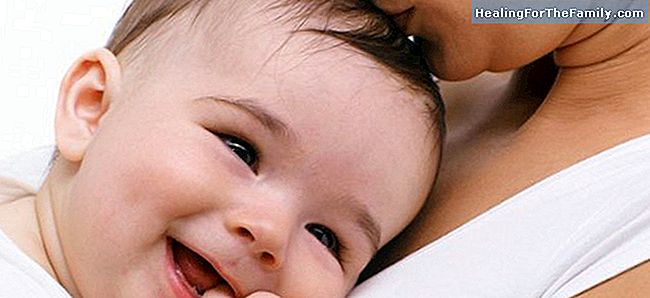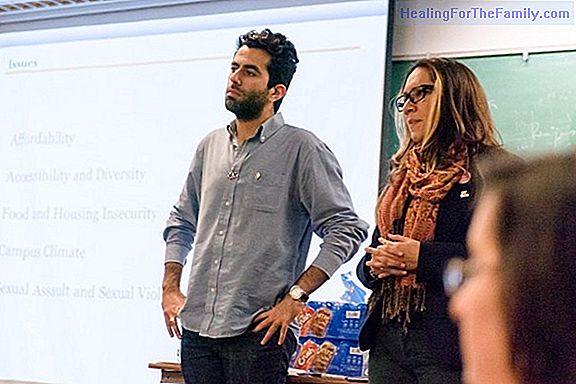The importance of fostering bond with the baby
Throughout the animal kingdom, it is the affective and tactile bonds between mothers and children that ensure good interactions and a correct future development . This critical moment of bonding happens at the moment of delivery or minutes and even hours after it. If the mother remains separated fro
Throughout the animal kingdom, it is the affective and tactile bonds between mothers and children that ensure good interactions and a correct future development. This critical moment of bonding happens at the moment of delivery or minutes and even hours after it. If the mother remains separated from her calf during that time, it is common that when she sees him again, she rejects him.
In similar studies, but with humans, something very similar happens, except in the peculiarity that this critical moment is much more flexible, it can remain, months or even years after delivery. In addition to bonding or union, we also talk about attachment, which is a much more emotional type of bonding.
The bond between the mother and the baby

Renowned pediatricians Klaus and Kennell cite hugs, kisses and glances as basic indicators for the creation of the bond between mothers and children. So much so that in those cases in which there has been a broad and early contact between mother and her baby, the results have been very positive. Mothers who were able to create that bond within a few hours of birth were much closer to their children, had less problems with breastfeeding and touched the children much more frequently. On the other hand, children had a significantly higher intelligence quotient at the age of three than those who had been separated from their mothers.
In addition, for a baby this first attachment relationship is of great importance, because it is usually the most significant model for the relationships it will establish in the future. The way in which each person learns to be, has its origin in the early experiences we have with our mothers or with those who have taken care of us in the first days of our life.
The concern for the early relationship of the baby with his mother was one of the central themes of many researchers in the 40s and 60s. The first works in this line were made by René Spitz. Spitz concluded that children raised in orphanages entered a period in which a calm state predominated and they became very demanding of attention. Later entered a period where they became passive and taciturn, to enter a final period where they refused to eat and many died. These babies refused to live claiming that something was missing for their social welfare, what was missing was the mother, but not only the physical mother, but the family environment that the maternal care provides.
The acts of holding the baby, singing, looking at, kissing, feeding or rocking are all bonding experiences. Experts therefore believe that, in order to generate this attachment, this positive contact with the baby must be encouraged since these acts cause responses in the baby's brain and directly affect the emotional, social, physiological or behavioral development of the child. all his life.












